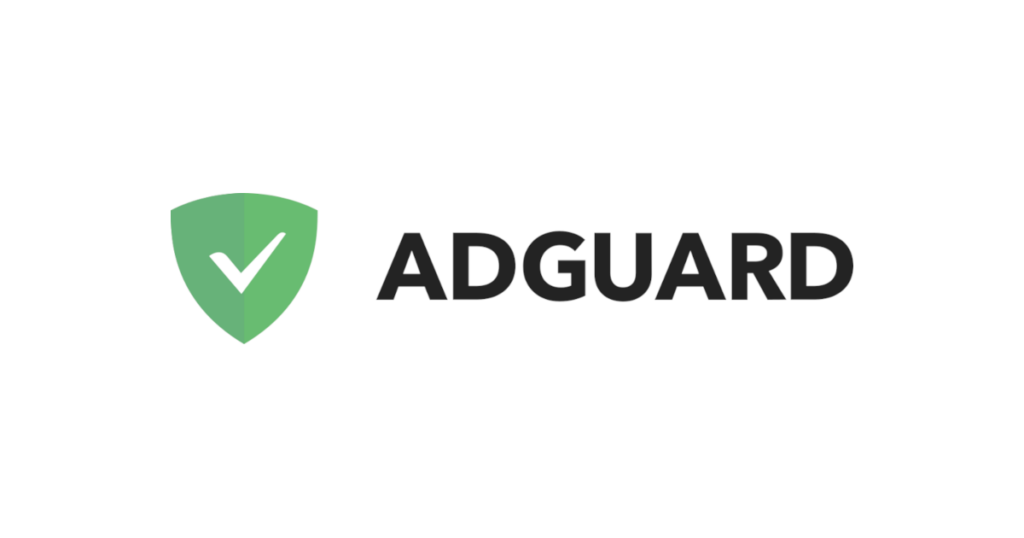Die Open-Source Software AdGuard Home, kurz AGH, ermöglicht das blockieren von Werbung und Tracking im Netzwerk. Dieses Release ist ein Bugfix Release das ausschließlich Fehler behebt und Änderungen durchführt.
AdGuard Home v0.107.34 Release Notes
Safe Browsing and CPU spikes
Back in June we released a security update to AdGuard Home with a few bugfixes. Ironically, it brought about another bug. Safe Browsing and Parental Control weren’t working properly since then, which in some cases led to lowered performance, random crashes, and huge CPU spikes.
It took us an entire month to get to the bottom of this, and it certainly would have taken even longer if not for the awesome community members: @bigwookie, @TheCableGuy99, and others. It turned out that “The Big Bug” was, in fact, three smaller bugs in a trenchcoat. And they were all mercilessly dealt with in this update.
Docker HEALTHCHECK
Docker users should note that the Docker HEALTHCHECK mechanism has been removed, since it was causing a lot of issues, especially when used with Podman and other popular Docker tools.
Acknowledgements
A special thanks to our open-source contributor, @Jiraiya8, as well as to everyone who filed and inspected issues, added translations, and helped us test this release!
Full changelog
See also the v0.107.34 GitHub milestone.
Security
- Go version has been updated to prevent the possibility of exploiting the CVE-2023-29406 Go vulnerability fixed in Go 1.19.11.
Added
- Ability to ignore queries for the root domain, such as
NS .queries (#5990).
Changed
- Improved CPU and RAM consumption during updates of filtering-rule lists.
Configuration Changes
In this release, the schema version has changed from 23 to 24.
- Properties starting with
log_, andverboseproperty, which used to set up logging are now moved to the new objectlogcontaining new propertiesfile,max_backups,max_size,max_age,compress,local_time, andverbose:# BEFORE: ‘log_file’: “” ‘log_max_backups’: 0 ‘log_max_size’: 100 ‘log_max_age’: 3 ‘log_compress’: false ‘log_localtime’: false ‘verbose’: false # AFTER: ‘log’: ‘file’: “” ‘max_backups’: 0 ‘max_size’: 100 ‘max_age’: 3 ‘compress’: false ‘local_time’: false ‘verbose’: falseTo rollback this change, remove the new objectlog, set backlog_andverboseproperties and change theschema_versionback to23.
Deprecated
- Default exposure of the non-standard ports 784 and 8853 for DNS-over-QUIC in the
Dockerfile.
Fixed
- Two unspecified IPs when a host is blocked in two filter lists (#5972).
- Incorrect setting of Parental Control cache size.
- Excessive RAM and CPU consumption by Safe Browsing and Parental Control filters (#5896).
Removed
- The
HEALTHCHECKsection and the use oftiniin theENTRYPOINTsection inDockerfile(#5939). They caused a lot of issues, especially with tools likedocker-composeandpodman.NOTE: Some Docker tools may cacheENTRYPOINTandHEALTHCHECKsections, so some users may be required to backup their configuration, stop the container, purge the old image, and reload it from scratch.
Quelle: Release AdGuard Home v0.107.34 · AdguardTeam/AdGuardHome · GitHub
Interessiert in verschiedenste IT Themen, schreibe ich in diesem Blog über Software, Hardware, Smart Home, Games und vieles mehr. Ich berichte z.B. über die Installation und Konfiguration von Software als auch von Problemen mit dieser. News sind ebenso spannend, sodass ich auch über Updates, Releases und Neuigkeiten aus der IT berichte. Letztendlich nutze ich Taste-of-IT als eigene Dokumentation und Anlaufstelle bei wiederkehrenden Themen. Ich hoffe ich kann dich ebenso informieren und bei Problemen eine schnelle Lösung anbieten. Wer meinen Aufwand unterstützen möchte, kann gerne eine Tasse oder Pod Kaffe per PayPal spenden – vielen Dank.
